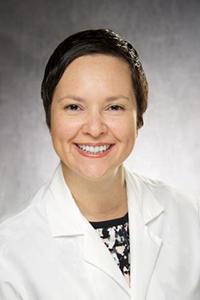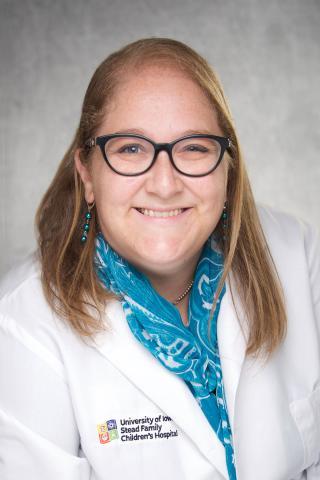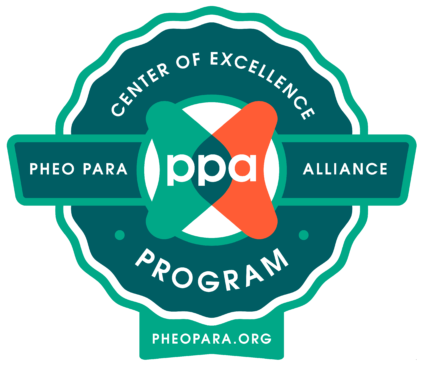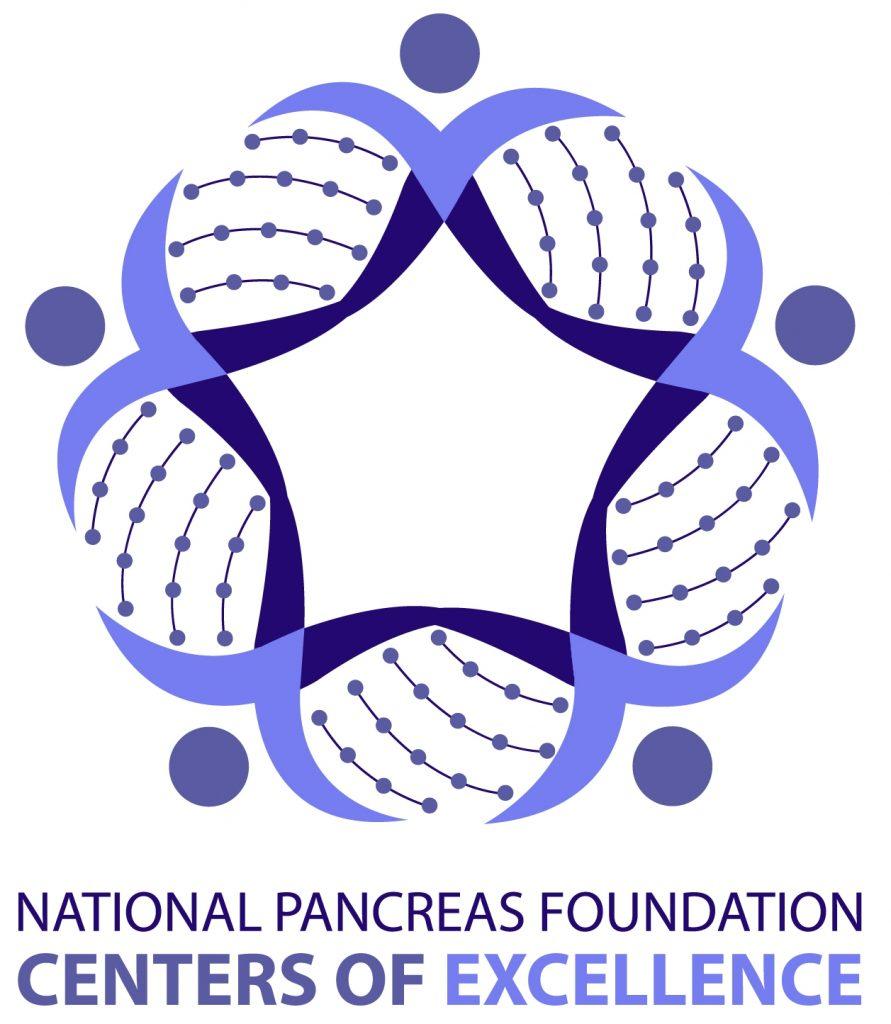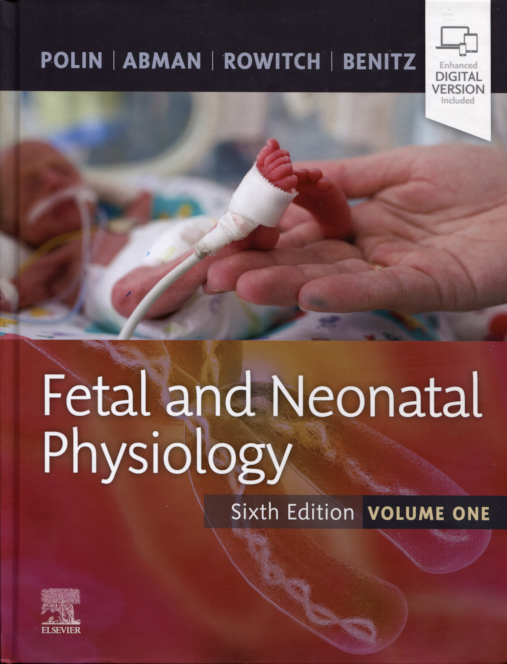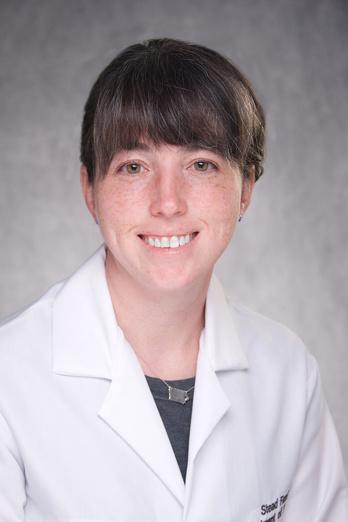
Dr. Pinnaro 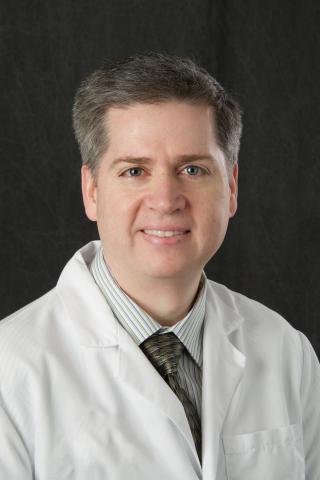
Dr. Tansey
Before 1922 type 1 diabetes was a rapidly fatal disease. That changed in the span of a few history-changing months. In the summer of 1921 four scientists at the University of Toronto began studying how to extract insulin from the pancreas and made quick progress. The first injection occurred on January 11, 1922, when an experimental insulin extract was administered to an adolescent who was dying of type 1 diabetes, saving his life. Soon thereafter commercial insulin production began and insulin use became widespread. However, there were many shortcomings of early insulin therapy, which was “regular” insulin extracted from cow and pig pancreases. These insulin preparations did not work in a uniform way from person-to-person. Extreme blood sugar swings were common and complications abounded. Thankfully, in the intervening century numerous improvements to insulin preparations and insulin delivery have been made. Dr. Pinnaro and Dr. Tansey from our division have just published an overview of these improvements in the Journal of Diabetes Mellitus. Their review is entitled “The Evolution of Insulin Administration in Type 1 Diabetes” (click on title for link to the article). Despite these improvements, insulin delivery for patients with type 1 diabetes remains imperfect. Importantly to this end, the article also discusses anticipated improvements that may help future generations of persons with type 1 diabetes. We are thankful for all those who worked to discover and improve insulin therapy, and look forward to future improvements! We thus thank all the diabetes research teams who are working tirelessly to improve diabetes care. This includes the Pediatric Diabetes research team here at the University of Iowa, whose dedication and expertise has helped advance diabetes care through carefully run studies. Finally, to those youth and families affected by type 1 diabetes, know that we look forward to every opportunity to work with you to optimize your insulin delivery and diabetes care. Advances in insulin therapy are happening rapidly. If your diabetes control is not what you think it should be, we would love for you to reach out to us to discuss options.


